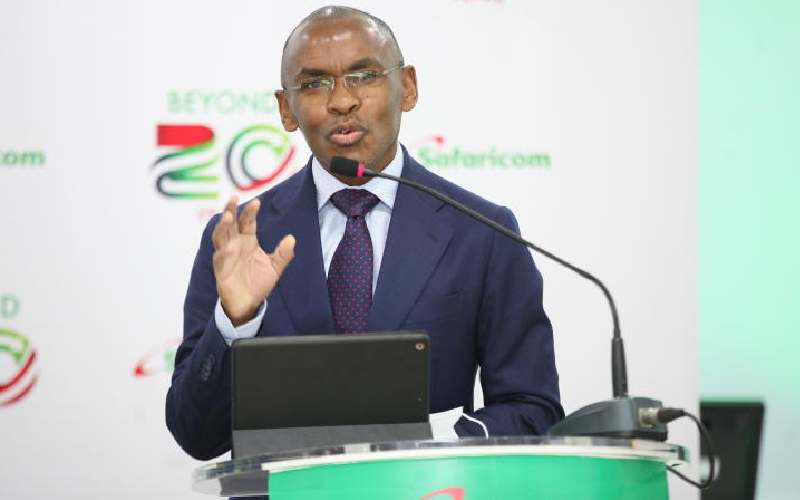×
The Standard e-Paper
Smart Minds Choose Us

Peter Ndegwa CEO of Safaricom spoke during the opening of the newly revamped Moi Avenue retail shop as part of its strategic retail expansion plan on the customer first. [Wilberforce Okwiri, Standard]
Safaricom has formally made inquiries about the possibility of launching M-Pesa services in Ethiopia and the additional licence fee that will be required.